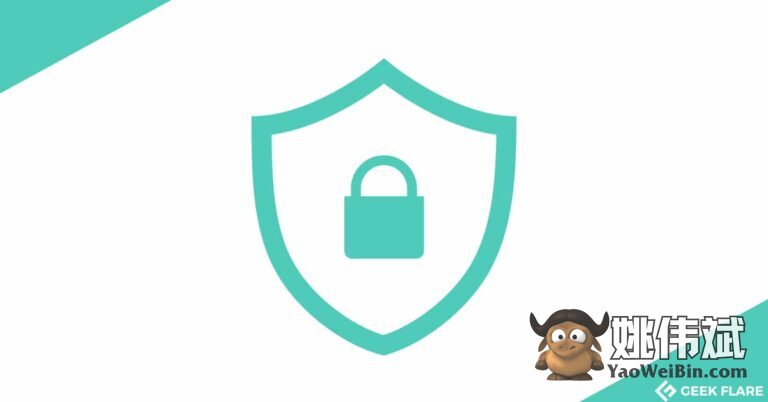如何使用亚马逊集运柜/锁来对抗门前盗窃
通过使用亚马逊集线器柜台或储物柜设施,消除门廊盗窃和快递失窃的风险,提高您的安全性。

通过使用亚马逊集线器柜台或储物柜设施,消除门廊盗窃和快递失窃的风险,提高您的安全性。

本文将解释为什么检查搜索引擎结果页面很重要,以及最好的SERP检查工具。

您的浏览器会保留您访问的网站的完整记录,并存储Cookie,以便下次访问时,网站可以识别您。

container and Docker container are commonly used to deploy and run applications. However, they have some fundamental differences.
A virtual machine is an emulation of a physical computer system. It runs on top of a hypervisor, which allows multiple virtual machines to run on a single physical server. Each virtual machine has its own operating system, which consumes significant resources. The virtual machine includes the application, its dependencies, and an entire operating system, making it large and slow to start.
On the other hand, a Docker container is a lightweight and isolated package that contains everything needed to run an application, including the code, runtime, system tools, system libraries, and settings. Unlike a virtual machine, Docker containers share the host operating system and kernel, which makes them much smaller and faster to start. They also consume fewer resources, as multiple containers can run on a single host.
Docker containers are also more portable and flexible than virtual machines. They can be easily moved between different environments, such as development, testing, and production, without requiring any changes. Docker provides a consistent environment for running applications, regardless of the underlying infrastructure.
In summary, Docker containers are more lightweight, faster to start, and consume fewer resources compared to virtual machines. They also provide portability and flexibility, making them a popular choice for deploying and running applications in cloud infrastructure.

为了应用程序能够具有良好的性能,您需要一个强大的应用服务器,有保证且充足的带宽,以及良好完成的编程工作。

在网页开发和设计中,总是有新的东西需要学习。这就是为什么我们花时间讨论顶级网页设计趋势的原因。最

在我的上一篇文章中,我讲解了如何在共享主机、云/VPS服务器、Cloudflare等上实施SSL证书,而你们中的一些人问到了如何操作。

Google多搜索是一个新更新,允许用户使用图像和文本进行Google查询。在您的安卓和iPhone设备上探索它。

Kinsta提供简单的界面,无忧迁移和安全功能,使其成为托管WordPress网站的最佳选择。

AWS Athena是一种灵活、经济高效的查询服务,用于存储在AWS S3中的数据。AWS是全球最大的云服务提供商之一。它提供了一个、和HTML标签。